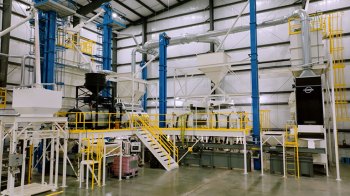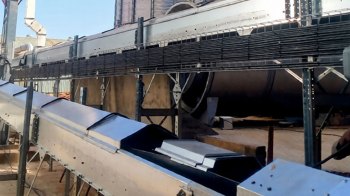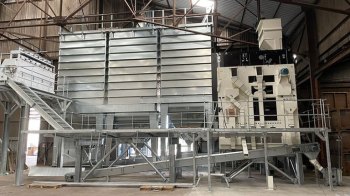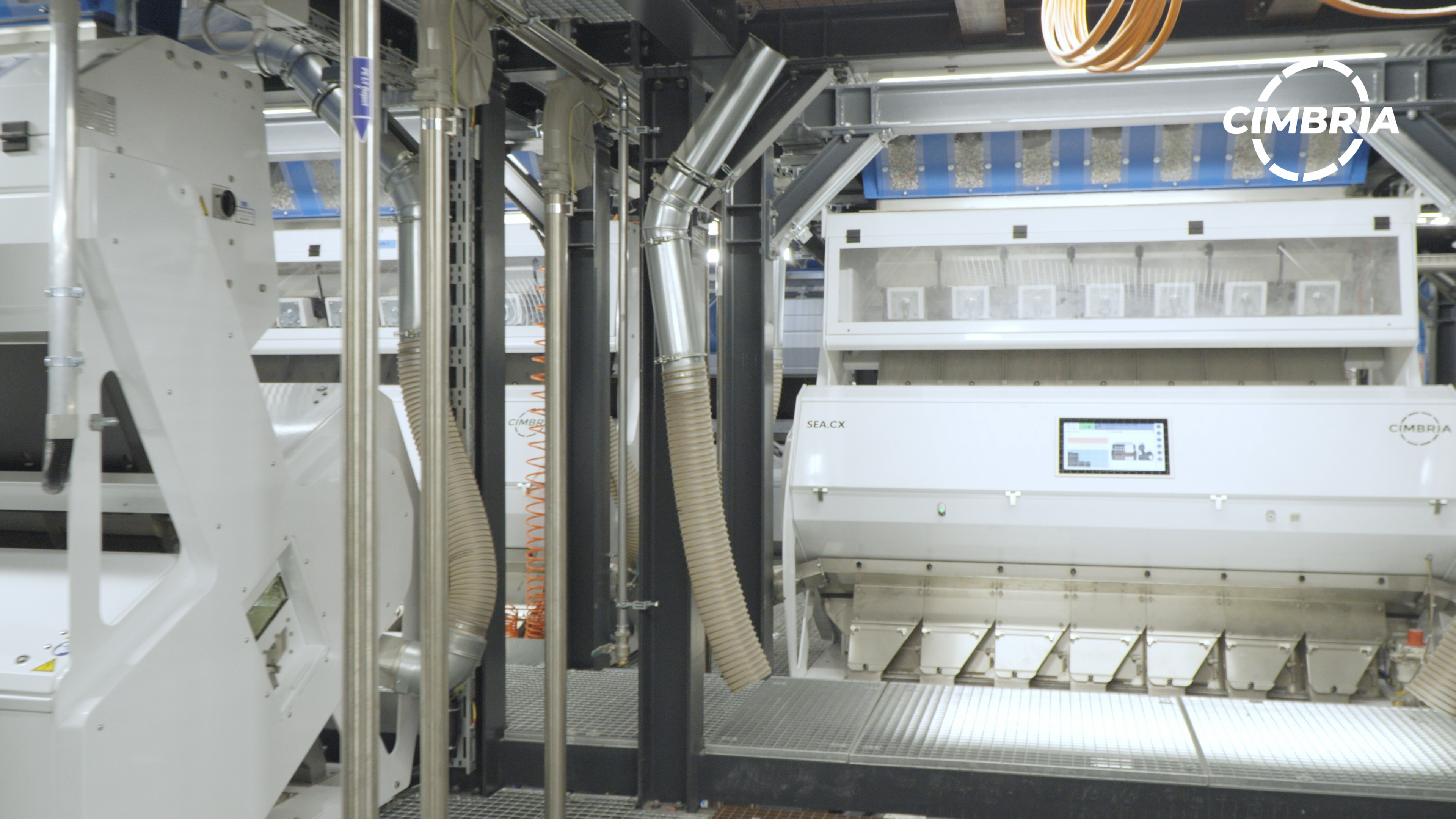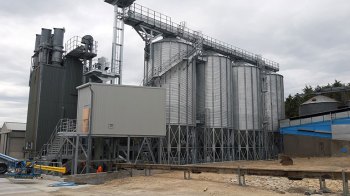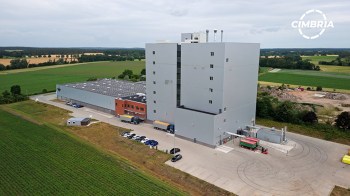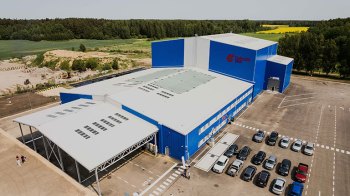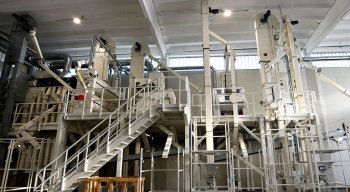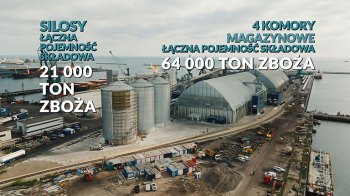In 2016, BKI foods ordered the extension of its silo installation. This involved a total of 72 new silo cells with ancillary steel constructions and conveying equipment for integration with the existing installation, the majority of which dates back to 1999.

Sin dalla sua fondazione nel 1960, BKI Kaffe A/S – “Brasil Kaffe Import” – ha fornito caffè di qualità ai consumatori danesi, mentre negli ultimi anni le esportazioni verso il resto della Scandinavia sono aumentate notevolmente.
Today, BKI roasts and packs coffee from all over the world at its high-tech coffee plant in Højbjerg near Aarhus. BKI is one of the biggest operators in the coffee market and is the only 100% Danish-owned coffee producer with production facilities in Denmark selling to the retail and food service sector.
Food safety and quality are important at BKI, which aims to produce safe foodstuffs of high quality. The enterprise is certified and BKI’s employees receive ongoing training in food safety and quality. The new silo is being installed on top of the roof of an existing building for logistical reasons and due to constraints in terms of space.
Per quanto riguarda l’impianto, si attribuisce grande importanza alla sua idoneità rispetto ai prodotti alimentari in conformità alla norma EN 1935/2004/CE, il che significa, tra le altre cose, che:
- The silo cells are delivered with a specially approved powder coating that has been certified in connection with the storage of green and roasted coffee beans.
- L’acciaio per le celle del silo soddisfa i requisiti relativi al contenuto massimo di piombo, cadmio e arsenico.
- I nastri trasportatori sono dotati di piastre di usura adatte all’uso con gli alimenti. I trasportatori sono prodotti in lamiera pre-galvanizzata standard. Le catene e le ruote sono trattate con paraffina liquida.
- Belts in elevators are fitted with belts suitable for use with foodstuffs. Elevator buckets in steel.
- Il motoriduttore e i cuscinetti sono ingrassati con olio atossico.
La nuova struttura sarà completamente moderna e progettata secondo i principi più recenti in materia di sicurezza alimentare, in conformità con gli standard costruttivi e di costruzione Eurocode.
